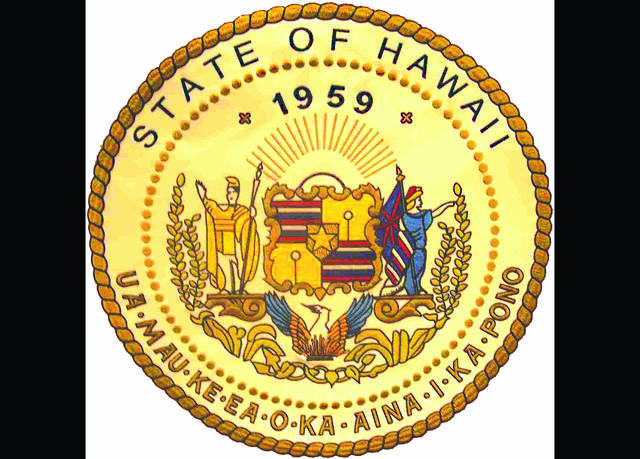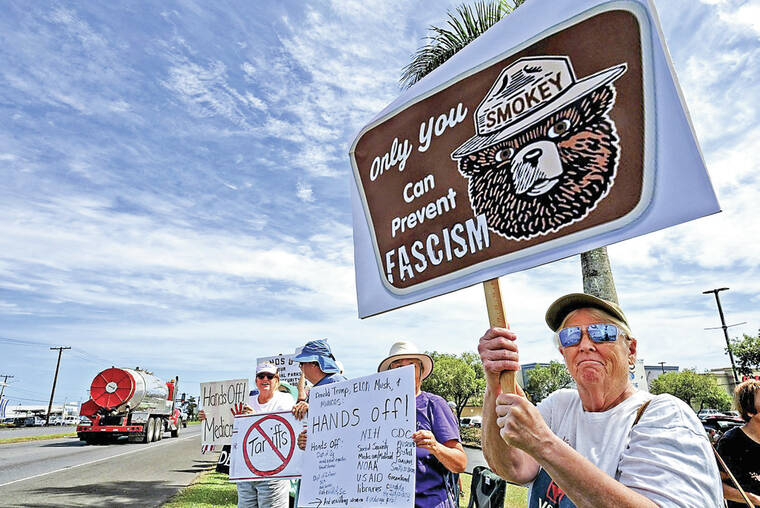Fourteen Big Island candidates are among dozens throughout the state settling with the Campaign Spending Commission after they failed to disclose how much they spent on advertising leading up to the primary election.
The candidates for the state House and Senate and County Council ran afoul of laws governing what’s known as “electioneering communications,” or advertising through newspaper, radio, mailers, online and “boosted” posts on social media.
There were a flurry of settlement agreements on the commission’s agenda last month, and just as many for the meeting scheduled today in Honolulu.
It’s not necessarily because candidates are breaking campaign laws more often, it’s because the commission has started enforcing an existing law, Executive Director Kristin Izumi-Nitao said Monday. The law has been on the books for a while, but the commission didn’t start enforcing it until December, 2016, after a lawsuit was resolved.
Izumi-Nitao said commission staff has worked hard to educate candidates about the law, by sending out notices, conducting in-person meetings on all the major islands, creating web-based educational sessions and otherwise explaining how to fill out forms and stay compliant. She said more than 100 first-time candidates have increased the need for education.
“Hopefully, we gave the feeling that we’re not the gotcha agency or the IRS,” Izumi-Nitao said.
Not all candidates agree the commission did a good job informing them about the newly enforced law. Heather Kimball, an unsuccessful challenger to state Sen. Lorraine Inouye in the Democratic primary, said she heard about the law through a candidate network and passed the information on to others.
Kimball ended up paying $750 in a settlement, and then paid another $250 for a late report of a $12 Facebook ad. Inouye paid $4,000 in fines, according to commission records.
Kimball said she was under the impression the electioneering communications law applied to third-party groups who promote or oppose candidates.
“I don’t feel there was an educational campaign, (but) the onus is on the candidate to follow the rules,” Kimball said. “We didn’t follow the rules and we paid the fine.”
Inouye’s campaign ran into problems because of rules governing social media. Gordon Inouye, in charge of social media for the campaign, said it took some time to get guidance from the commission on how to report boosts on Facebook. Once the campaign understood each separate boosted post was a separate communication, it filed a report.
By then, the campaign faced more than $10,000 in fines for about $1,200 in Facebook advertising before entering its settlement with the commission.
“We’re accepting it,” he said.
The law requires candidates to report within 24 hours how much they spend or contract to spend on electioneering communications once they pass their first $2,000 of expenditures during a calendar year.
The rule is in effect within 30 days of a primary election and 60 days of a general election. The general election reporting period started Friday.
Fines are $500 for failing to file and $250 for late filing for each communication, no matter how much the ad cost. That means a $5 boosted Facebook post can draw a $250 fine if it’s not reported promptly, Izumi-Nitao said.
The commission, however, has authorized settlement agreements, knocking off two-thirds of the fine the first time and half the fine the second time.
Email Nancy Cook Lauer at ncook-lauer@westhawaiitoday.com.






